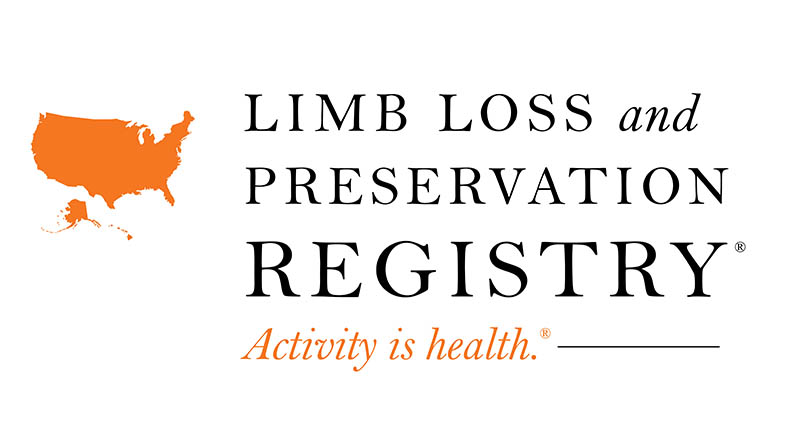 The University of Alabama at Birmingham’sDepartment of Physical Medicine and Rehabilitation, a prosthetics and orthotics patient care provider, has joined the Limb Loss & Preservation Registry (LLPR).
The University of Alabama at Birmingham’sDepartment of Physical Medicine and Rehabilitation, a prosthetics and orthotics patient care provider, has joined the Limb Loss & Preservation Registry (LLPR).
The goal of the LLPR is to generate knowledge about which advances and treatments impact the care of patients with limb loss and limb difference. Consistent with quality registries that focus on other health populations, the LLPR will collect universal data elements and link hospital-, provider- and patient-reported outcomes over time. The registry strives to alleviate significant data gaps, increase access to care, and improve care models related to prosthetics and limb preservation in the U.S.
“The Limb Loss & Preservation Registry is critical for the future of patient care, advances in technology, and a range of other sustainable efforts in the field of prosthetics,” says Conley Carr, M.D., Medical Director, UAB Orthotics and Prosthetics Lab and Spain Rehabilitation Center Amputee Clinic. “The data gap is considerable, and, in some cases, available statistics are over two decades old, and longitudinal data has never been collected. UAB will contribute data to the registry on a quarterly basis, and will be provided the tools necessary to review UAB data against national benchmarks.”
This registry is led by Mayo Clinic under contract with the National Institutes of Health and the Department of Defense. The registry is enrolling both prosthetic/orthotic providers and hospital systems. It will transition to further operate within a nonprofit parent organization to be named this year. The LLPR represents key stakeholder groups including health care team members, researchers, regulators, manufacturers, payers, industry representatives, and patient groups. The LLPR provides data to compare the effectiveness of different surgical approaches, assess the efficacy of different clinical practices, and evaluate different assistive technologies.
“The Limb Loss and Preservation Registry addresses a substantial public health knowledge gap by giving stakeholders the ability to benchmark limb loss statistics, and analyze data by age, gender, type of limb loss or preservation surgery, prosthetic device as well as ask new questions,” says Yuying Chen, M.D., Ph.D., Vice Chair of Research, UAB Department of Physical Medicine and Rehabilitation. “Registries are extremely valuable to all practice sizes because you can leverage the high volume of data to your patients’ positive outcomes.”
The University of Alabama at Birmingham is the first CERNER site to join the LLPR.